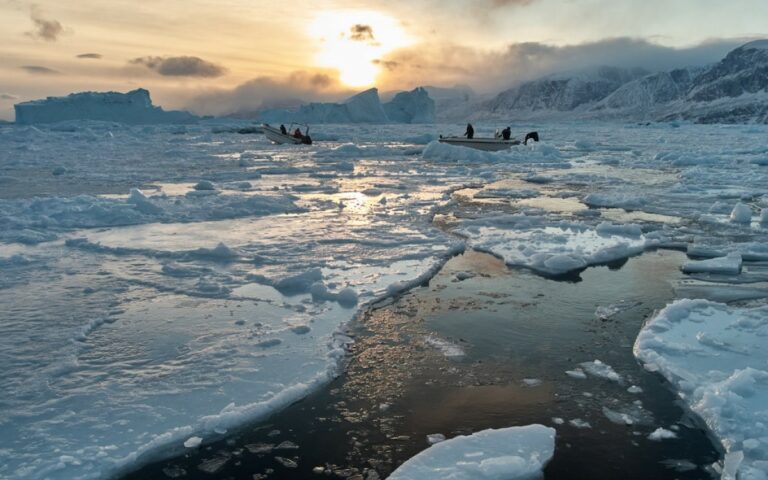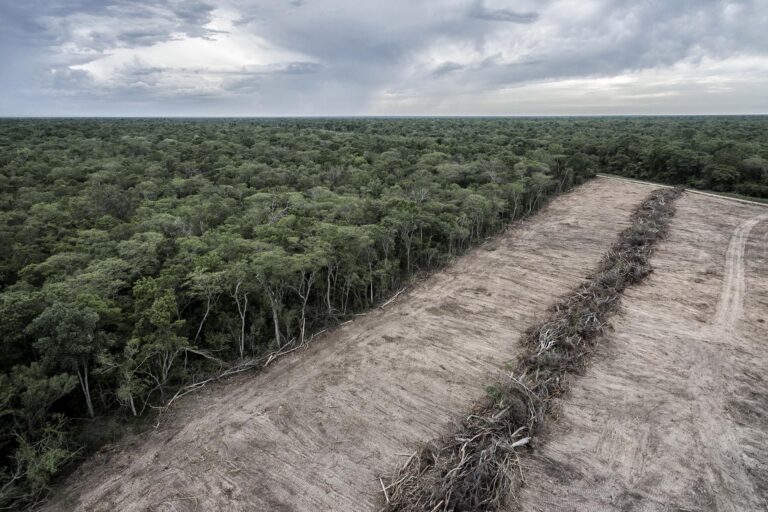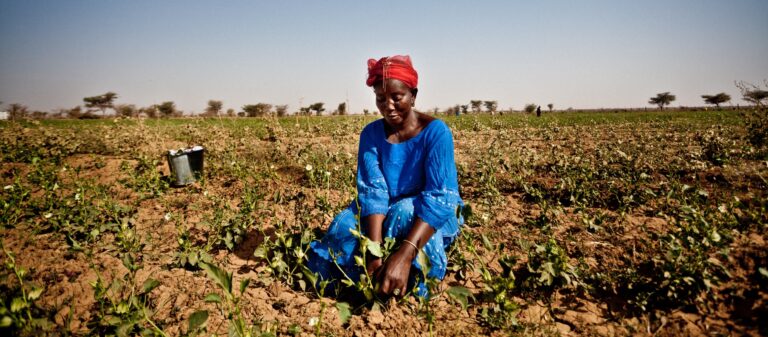Cultural destruction is a less well-recognized form of climate-induced loss and damage and...Read More
The International Court of Justice (ICJ) is the main judicial body of the United Nations.
Its role is to settle, in accordance with international law, legal disputes submitted to it by States and to give advisory opinions on legal questions referred to it by authorized United Nations organs and specialized agencies. Opinions by the ICJ are not legally binding, but nevertheless carry “great weight and legal authority.”
On March 29, 2023, the UN General Assembly adopted, by consensus, a resolution requesting an advisory opinion from the ICJ on states’ obligations in relation to climate change. The resolution, led by the island state of Vanuatu and co-sponsored by more than 100 other states, asks the ICJ to render an advisory opinion on the following questions:
- What are the obligations of States under international law to ensure the protection of the climate system and other parts of the environment from anthropogenic emissions of greenhouse gasses (GHG) for States and for present and future generations?
- What are the legal consequences under these obligations for States where they, by their acts and omissions, have caused significant harm to the climate system and other parts of the environment, with respect to:
- (a) States, including, in particular, small island developing States, which due to their geographical circumstances and level of development, are injured or specially affected by or are particularly vulnerable to the adverse effects of climate change?
- (b) Peoples and individuals of the present and future generations affected by the adverse effects of climate change.
If the court accepts jurisdiction, the answers it provides to these questions will help clarify the obligations of states and the consequences of failing to meet those obligations.
Photo Credit: An interior shot of the Peace Palace, the seat of the International Court of Justice, in the Hague, Netherlands. Photo by UN Photo/Andrea Brizzi (CC BY-NC-ND 2.0).
More reading...
One of the most urgent challenges for global efforts to address the climate...Read More
Ocean acidification is a symptom of humanity’s dangerous addiction to fossil fuels.
Regional courts, such as the Inter-American Court on Human Rights (IACtHR), and European...Read More
The right to the enjoyment of the highest attainable standard of physical and...Read More






